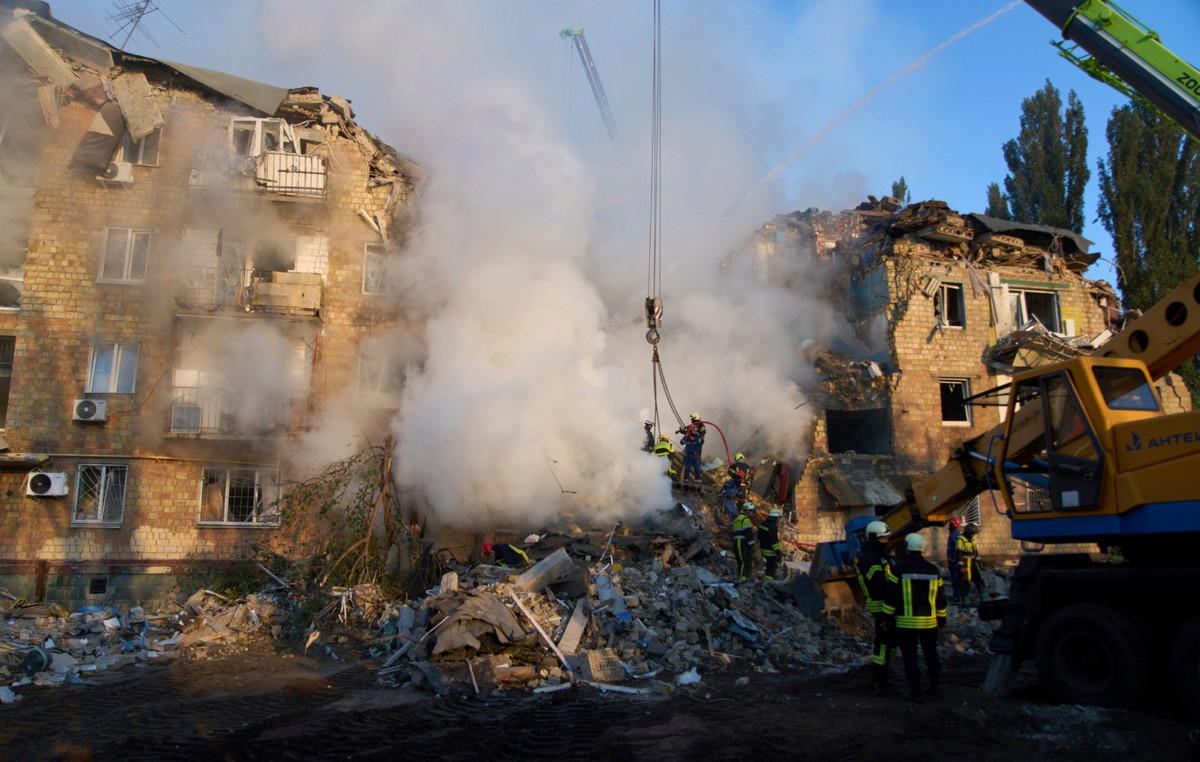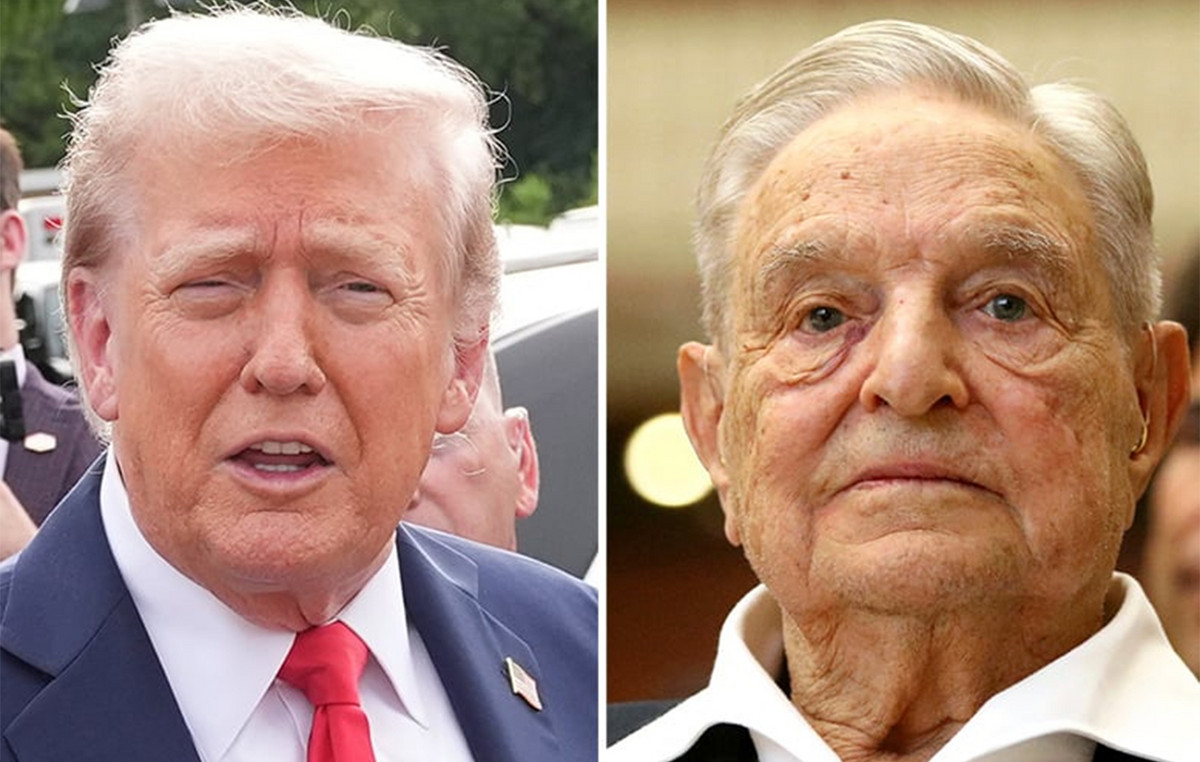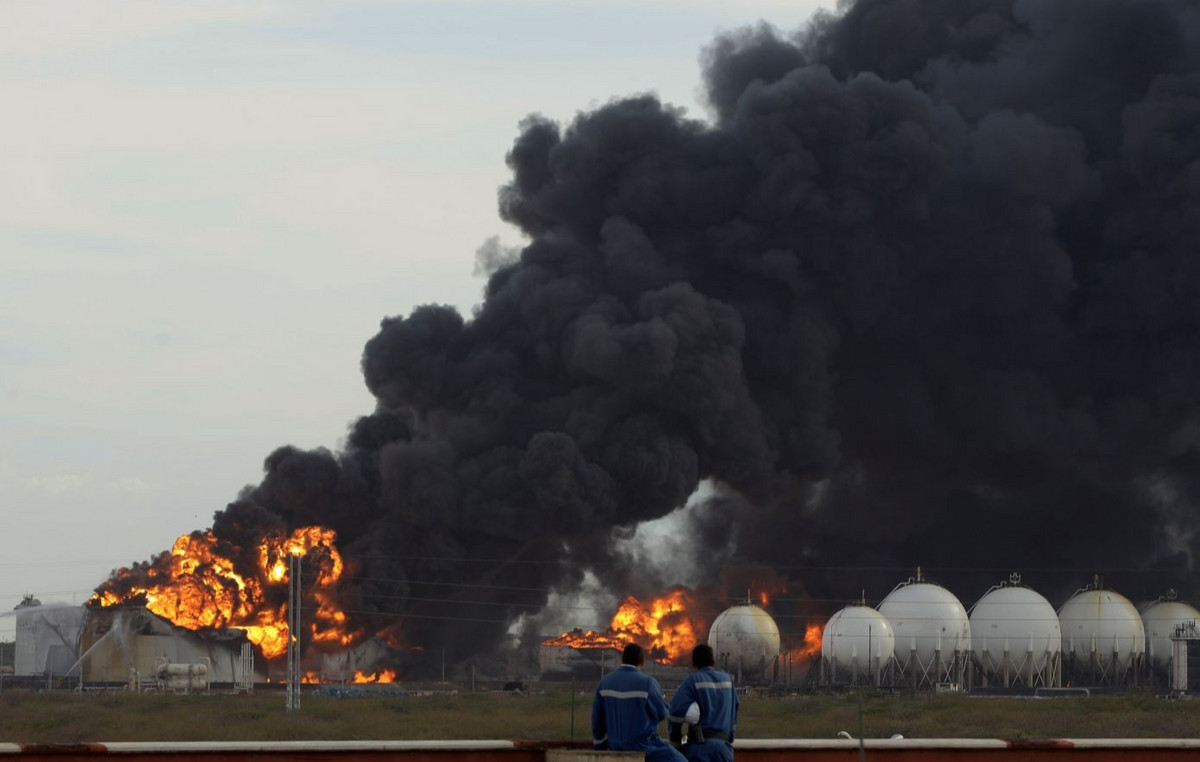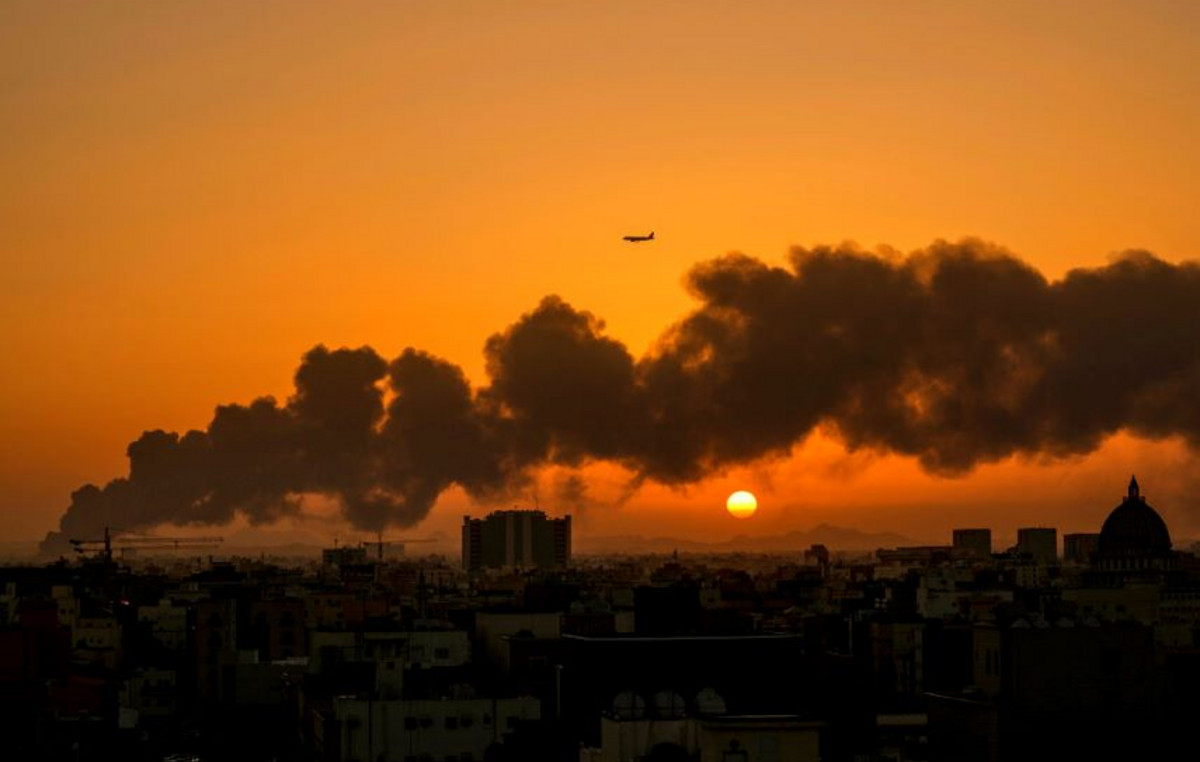This Thursday (24), the Secretaries of Finance approved the “ICMS Agreement”, which regulates the collection of the tax for diesel. The proposal creates a rate with a standard fixed cost per liter and extends the freeze on the state tax on gasoline, ethanol and cooking gas for another 90 days.
The new state rate for the liter of S10 diesel oil, the most widespread in the country at the moment, was set at a ceiling of R$ 1.0060, calculated with the reference value of November last year.
The measure allows states and the Federal District to apply subsidies, so that there are no intense changes in relation to parameters already adopted at the regional level.
The state of Sergipe, for example, will apply an adjustment subsidy of BRL 0.0945 to the uniform rate, which, in practice, will result in a charge of BRL 0.9115 per liter of S10 for the state, that is, even tax context in force today, according to the National Committee of Finance Secretaries of the Federal District (Consefaz).
However, economists say that this is an innocuous measure and should not have a practical effect on the driver, since the values currently practiced are lower than those established by the governors.
With the new model, the cost will be maintained regardless of commercial fluctuations in the price of fuel. If there is an increase in the price of diesel due to the international market or due to a possible devaluation of the real, the states will not collect more from the increase in cost, as was the case with the tax defined as a percentage.
Currently, only one state in the Federation, Amapá, has a higher value than the established one, of R$ 1.25. In the other Brazilian states, the values are lower, according to the National Federation of Fuels and Lubricants (Fecombustíveis).
Rio Grande do Sul, proportionally, is the state with the highest “discount”, with a rate of R$ 0.57. On the other hand, governors criticize the measure, claiming that it should impact state revenue.
The measure for was established through complementary law 192/2022, approved by the National Congress and sanctioned by President Jair Bolsonaro (PL). The rule understood that the different state rates, established as a percentage, were responsible for the rise in fuel prices.
Also this Thursday, the president of Comsefaz, Décio Padilha, said that states should lose R$ 14 billion in revenue with the freezing of ICMS for fuel.
Source: CNN Brasil
I am Sophia william, author of World Stock Market. I have a degree in journalism from the University of Missouri and I have worked as a reporter for several news websites. I have a passion for writing and informing people about the latest news and events happening in the world. I strive to be accurate and unbiased in my reporting, and I hope to provide readers with valuable information that they can use to make informed decisions.







